How do we create a more age-inclusive beauty industry?
19/99 is one brand whose inclusive approach to female ageing reflects a larger shift within the industry
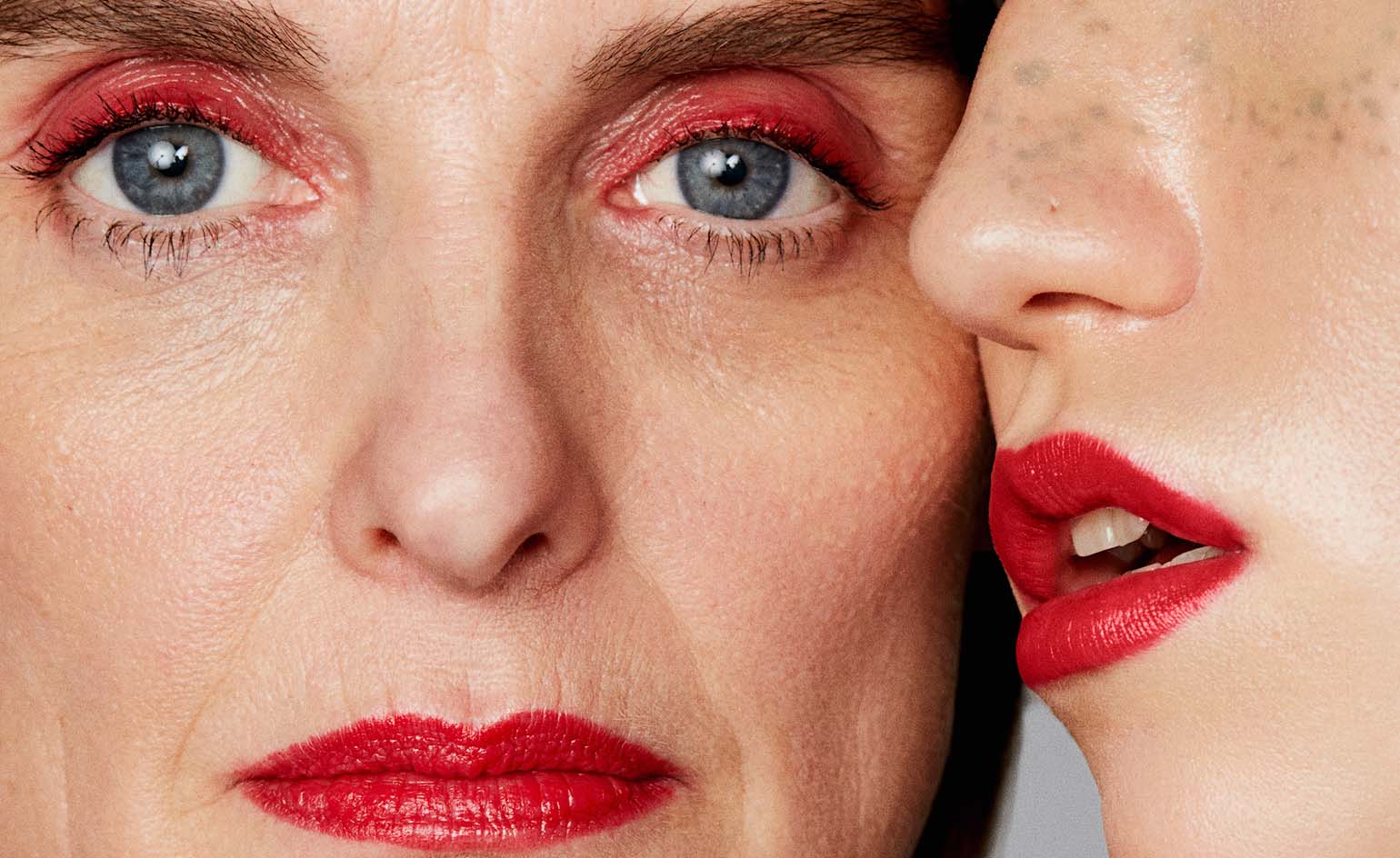
‘There is no age limit on fun, or creativity, or self-expression, and for us, make-up is all of those things,’ says Stephanie Spence, co-founder of the Canadian beauty brand 19/99 (featured among our pick of vegan make-up brands).
For Spence, and fellow founder Camille Katona, the correlation often made between ‘age limits’ or ‘age appropriateness’ and cosmetics is stale, senseless and, at its worst, destructive. The pair launched 19/99 two years ago in an effort to rewrite the beauty industry’s prevailing narrative on female beauty, which dictates that youth is the ultimate prize and ageing should not only be hidden, but feared.
19/99 and an age-inclusive approach to beauty
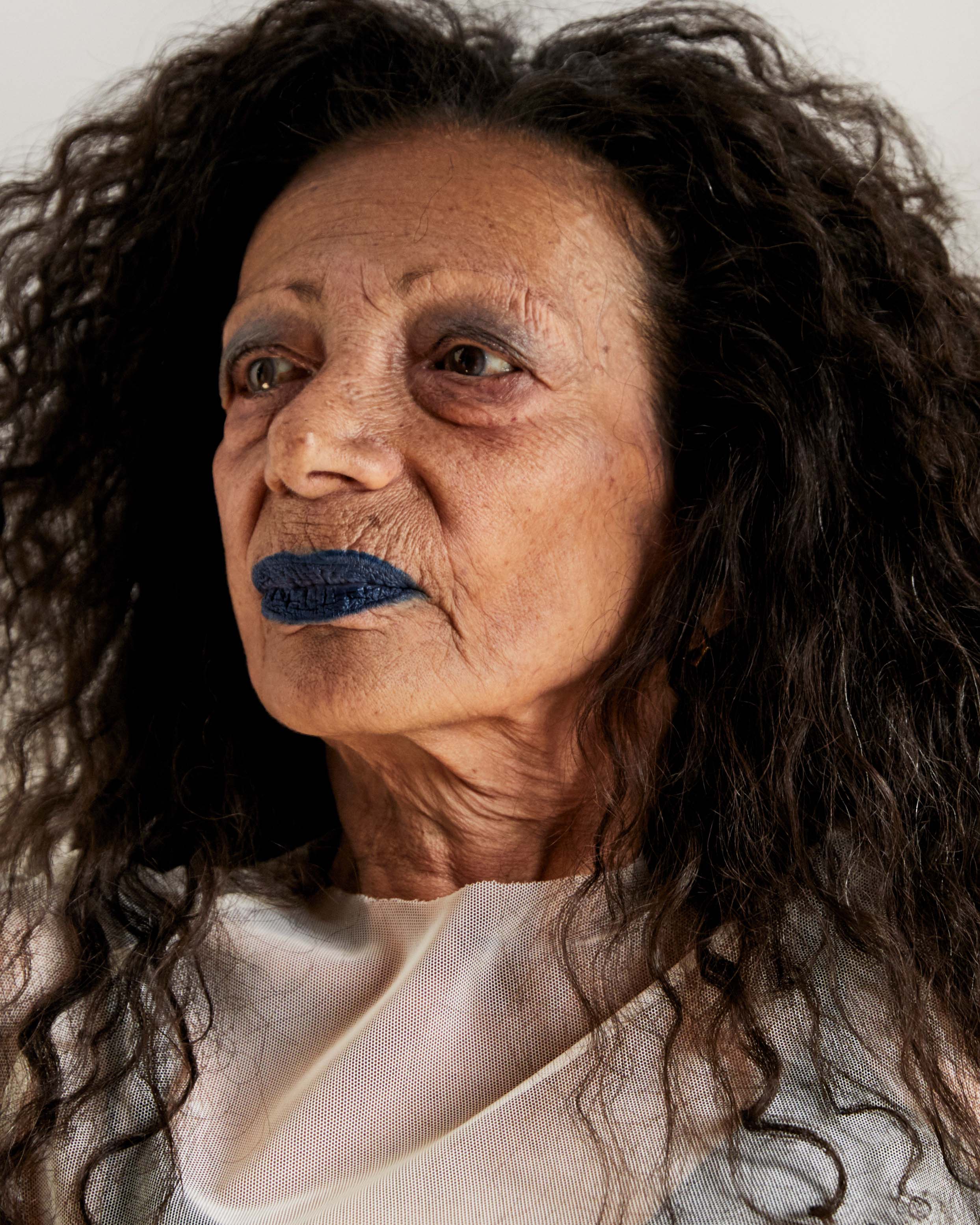
It is a fiction perpetuated by ad campaigns and product launches geared solely towards younger audiences, or claiming to ‘fix’ any signs of ageing for older women. So the real question is how do we fix this? While the answer is much more complex than a single beauty brand, 19/99 offers a compelling case study for how the industry players can create positive change.
‘Within the past decade, people started talking more about ageing,’ says Spence, ‘and there started to be more representation of older women in advertising. However, a lot of this is quite “token” and isn’t a true representation of the older women we interact with in our lives, or look to for inspiration. To date, a lot of advertising sticks to a standard script of representing women as either young and hot, mothers, or grandmothers.
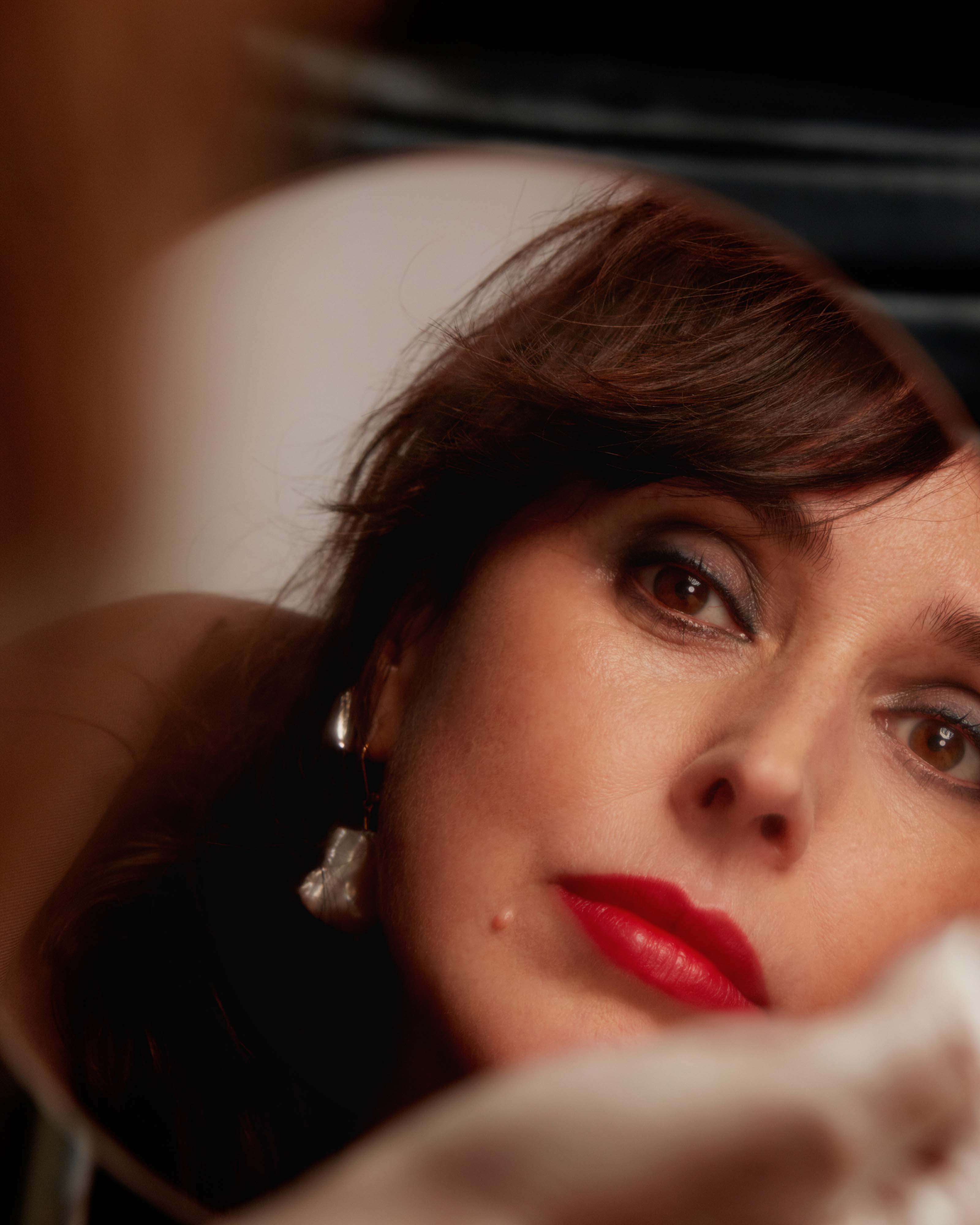
‘Obviously these are not the only roles that women play, and we are starting to see a fuller picture of women, but generally speaking, no, we don’t think this has changed that much since we started, but are hopeful that people are starting to question things more, and be much more vocal about the changes they want to see.
‘Rather than looking at ageing as something that can be stopped,’ she continues, ‘the industry needs to start presenting women with inspiring and creative ways that women actually do age.’ For 19/99 that means more inclusive advertising that depicts women at various stages in their lives wearing make-up that is more playful and vibrant than the ‘natural’ or ‘subtle’ looks often reserved for women over 40. It also means products that are designed to work on various skin textures and tones.
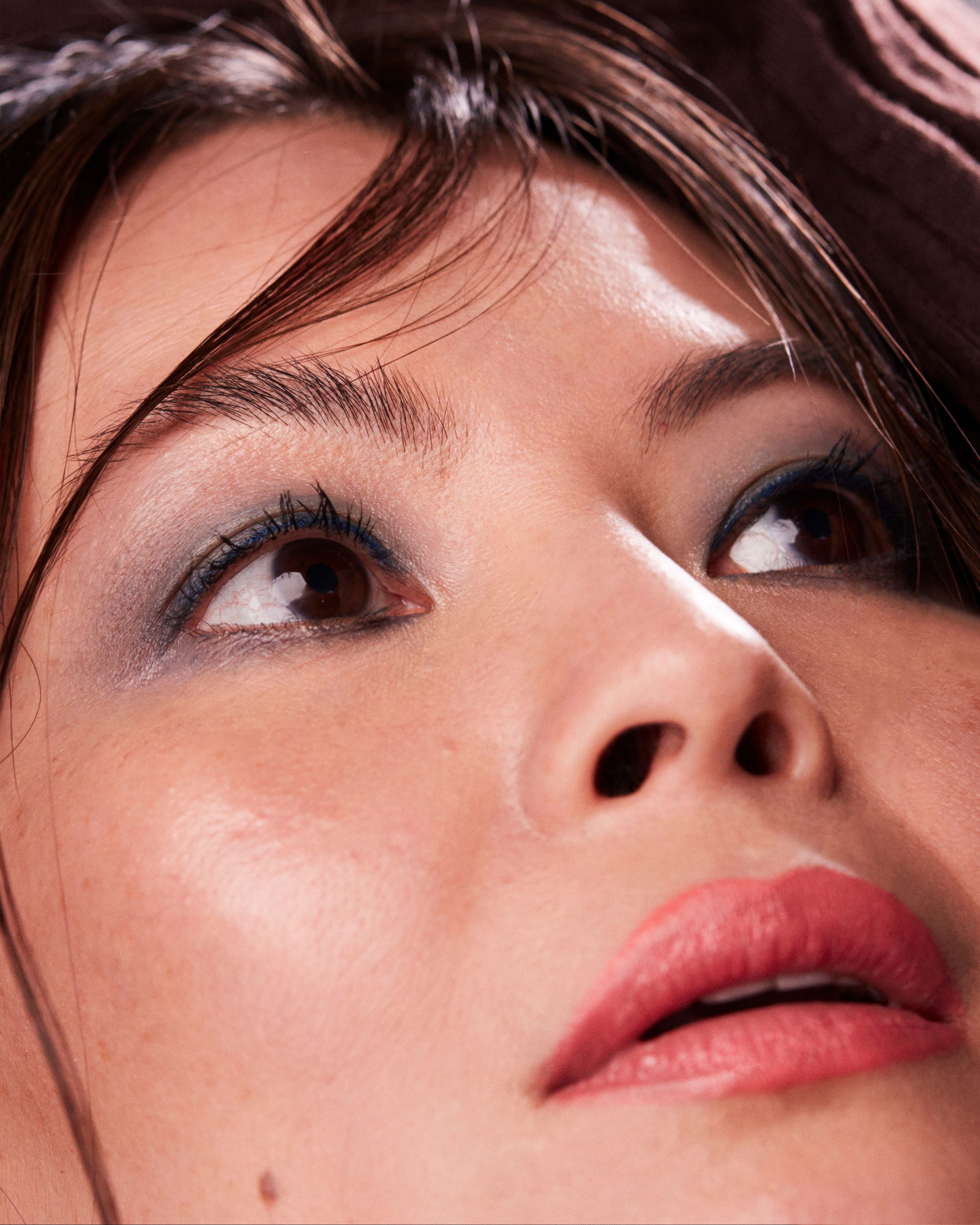
19/99’s multi-purpose pencils are a case in point, with a variety of colours and a very creamy texture that means they can be used on lips and eyes for skin that is more taught and smooth or more crepey and textured. The brand also regularly posts engaging and thoughtful conversations with women such as movement artist Eryn Danielle or the model Mella, responding to questions like, ‘Do you feel a deep attraction and desire to stay youthful?’ and ‘Does the term age-appropriate mean anything to you?’
Wallpaper* Newsletter
Receive our daily digest of inspiration, escapism and design stories from around the world direct to your inbox.
The shift exemplified by 19/99 is occurring beyond cosmetics. Strategic foresight consultancy The Future Laboratory recently noted in its New Ageing Market research study that the global anti-ageing market was valued at £49bn in 2021 and is expected to almost double by 2030. Yet the general conception of what ’anti-ageing’ means is morphing. ’Over the past decade, the ageing conversation across the beauty and wellness sectors has significantly shifted,’ the study notes.
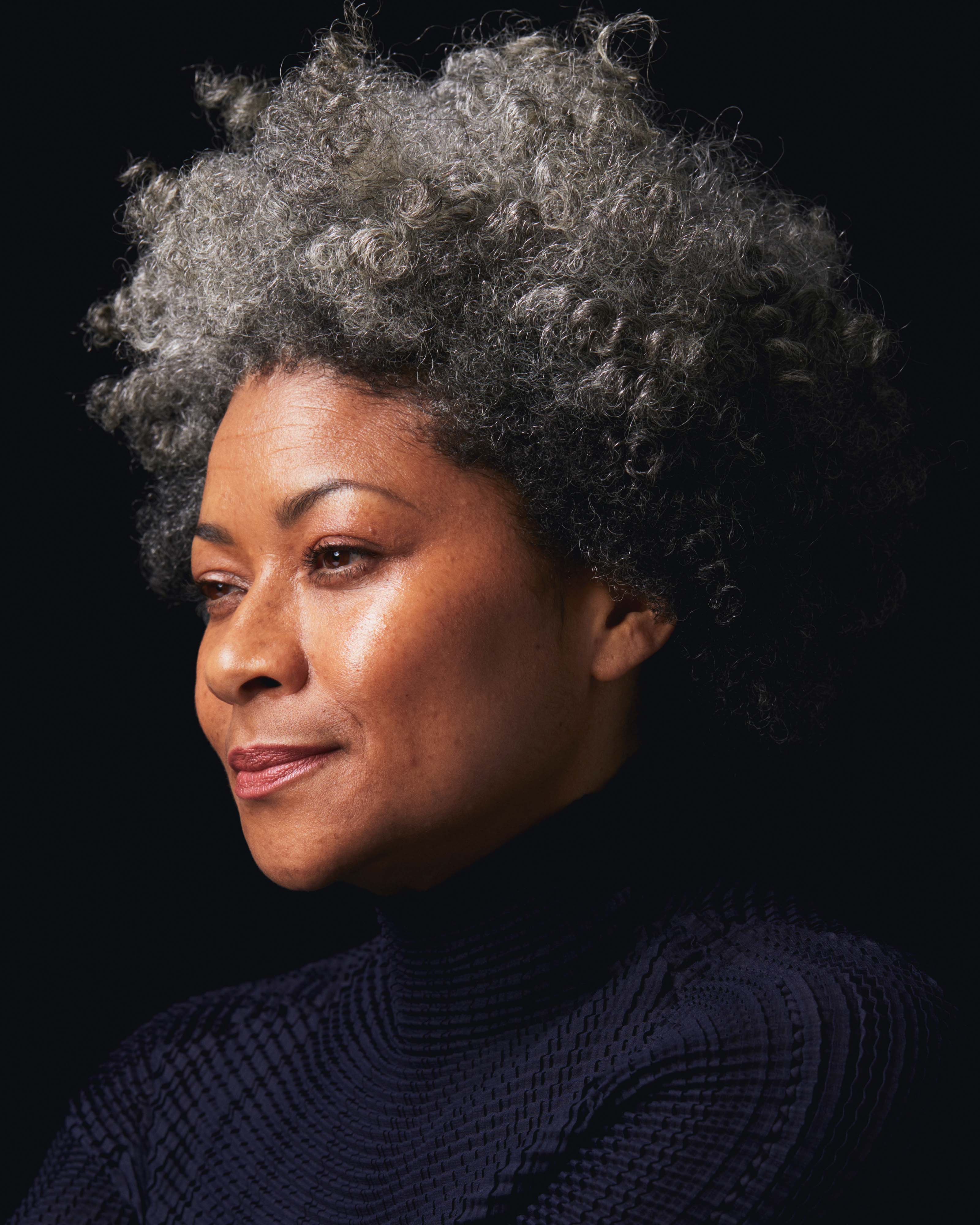
‘The story has evolved from anti- and pro-ageing to pre-ageing – a term that’s grown as a result of [people] adopting more holistic health and beauty routines, and is geared towards prevention rather than cure,’ states the study. The change might be in part a consequence of the pandemic which, according to Future Laboratory, has highlighted that ageing ‘is a privilege’ and has underscored the link between youth and longevity rather than youth and beauty.
Deputy Creative Foresight Editor Olivia Houghton says, ‘The ageing conversation has long been about reversing and repairing. Today’s consumers are focused on protection, prevention and regeneration.’
The long-ranging effects of this shift are yet to emerge but, in the meantime, brands like 19/99 will continue to offer an alternative approach to female beauty. Says Spence, ‘We hope that through brands like 19/99, through our imagery and conversations, we prove that there are a lot of women out there who are ready to hear [about] and be a part of a different approach to ageing, and see themselves as part of what we are doing and part of the change we are trying to make.’
INFORMATION
Mary Cleary is a writer based in London and New York. Previously beauty & grooming editor at Wallpaper*, she is now a contributing editor, alongside writing for various publications on all aspects of culture.
-
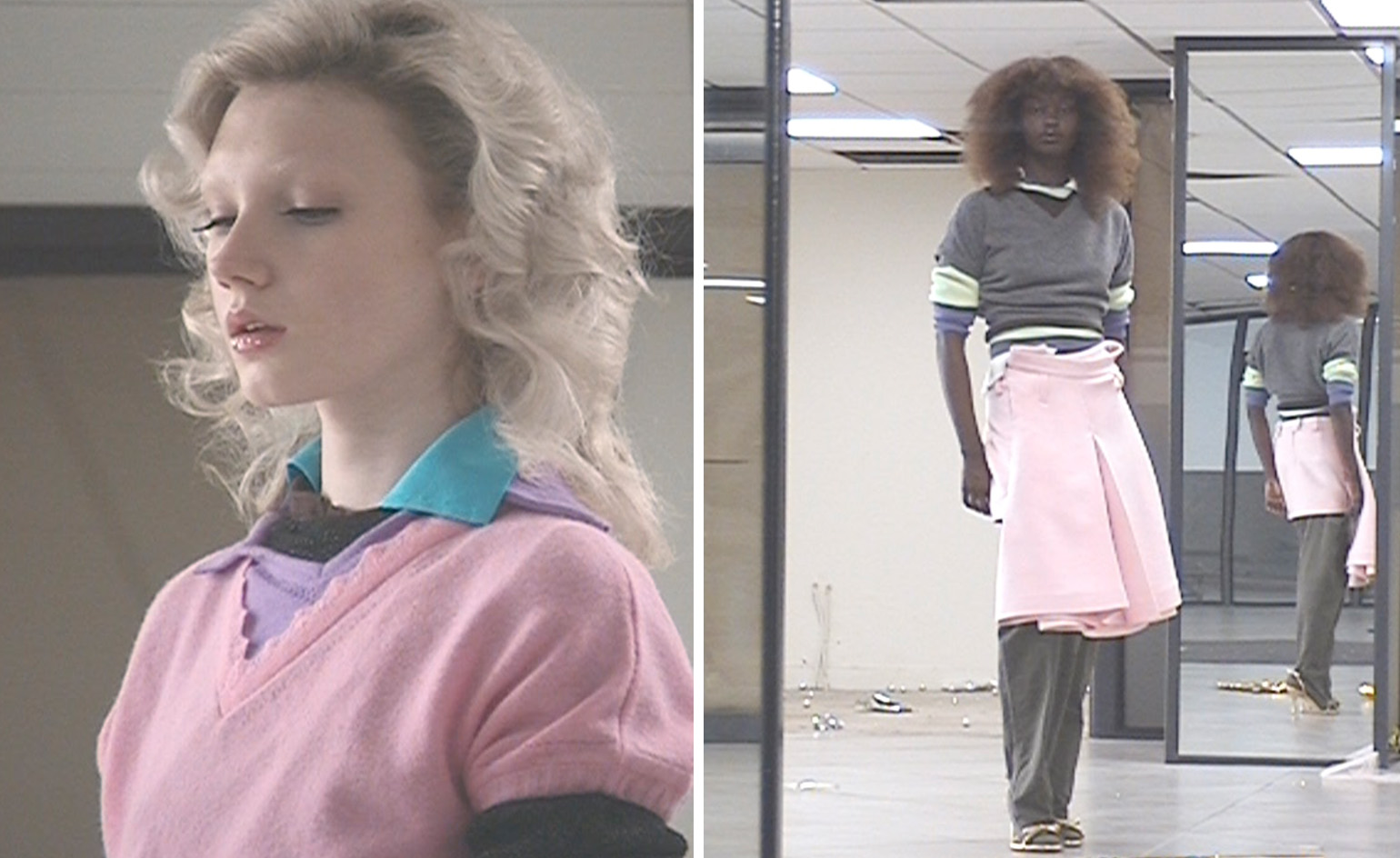 All-In is the Paris-based label making full-force fashion for main character dressing
All-In is the Paris-based label making full-force fashion for main character dressingPart of our monthly Uprising series, Wallpaper* meets Benjamin Barron and Bror August Vestbø of All-In, the LVMH Prize-nominated label which bases its collections on a riotous cast of characters – real and imagined
By Orla Brennan
-
 Maserati joins forces with Giorgetti for a turbo-charged relationship
Maserati joins forces with Giorgetti for a turbo-charged relationshipAnnouncing their marriage during Milan Design Week, the brands unveiled a collection, a car and a long term commitment
By Hugo Macdonald
-
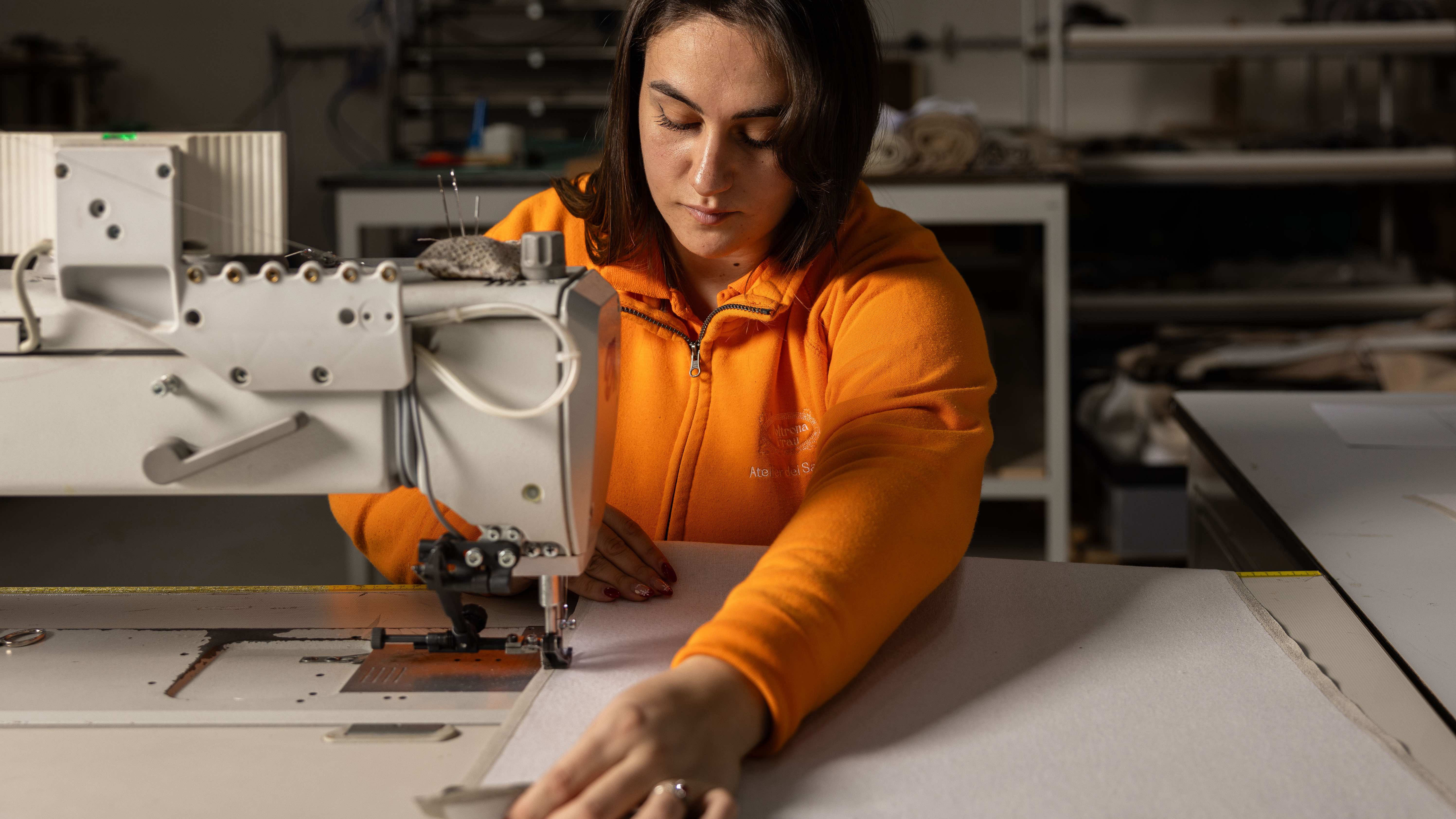 Through an innovative new training program, Poltrona Frau aims to safeguard Italian craft
Through an innovative new training program, Poltrona Frau aims to safeguard Italian craftThe heritage furniture manufacturer is training a new generation of leather artisans
By Cristina Kiran Piotti